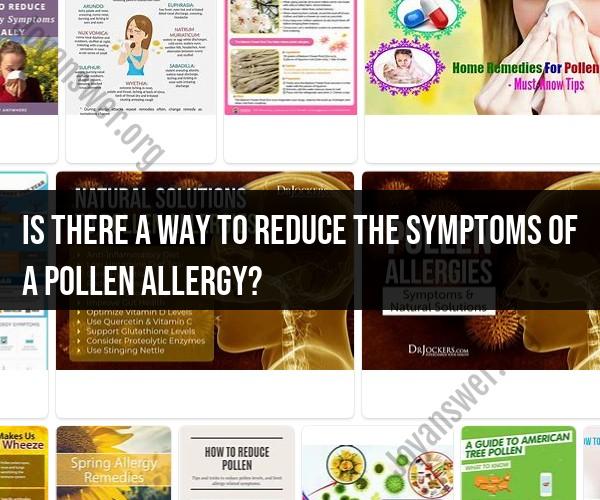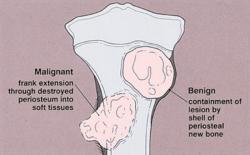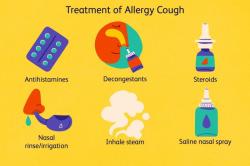Is there a way to reduce the symptoms of a pollen allergy?
Yes, there are several strategies you can use to reduce the symptoms of a pollen allergy, also known as hay fever or allergic rhinitis. These strategies can help you manage and find relief from symptoms such as sneezing, congestion, runny nose, itchy or watery eyes, and throat irritation. Here are some tips:
Stay Informed:
- Monitor pollen forecasts for your area. You can find this information online or through weather apps. Try to limit outdoor activities on days when pollen counts are high.
Keep Windows Closed:
- Keep windows and doors closed, especially during peak pollen seasons, to prevent pollen from entering your home.
Use Air Purifiers:
- Consider using air purifiers with HEPA filters in your home. These can help remove pollen and other allergens from the air.
Change Air Filters:
- Regularly change the filters in your heating and cooling systems to trap pollen and prevent it from circulating through your home.
Limit Outdoor Exposure:
- If possible, stay indoors during peak pollen times, typically in the morning and on windy days.
Shower and Change Clothes:
- After spending time outdoors, shower and change your clothes to remove pollen from your skin and clothing.
Use Allergy-Proof Covers:
- Consider covering pillows and mattresses with allergen-proof covers to reduce exposure to pollen while you sleep.
Nasal Irrigation:
- Use a saline nasal rinse or spray to flush out allergens from your nasal passages.
Over-the-Counter (OTC) Medications:
- OTC antihistamines, decongestants, and nasal corticosteroid sprays can help relieve allergy symptoms. Consult a healthcare professional before starting any new medication, especially if you have underlying health conditions.
Prescription Medications:
- If OTC medications are not effective, your doctor may prescribe stronger allergy medications or immunotherapy (allergy shots) to help reduce your symptoms.
Eye Drops:
- Over-the-counter or prescription antihistamine eye drops can help relieve itchy, watery eyes.
Natural Remedies:
- Some people find relief from pollen allergies through natural remedies like honey (local and raw), butterbur supplements, and quercetin supplements. However, these remedies may not work for everyone, and it's essential to consult with a healthcare professional before trying them.
Stay Hydrated:
- Drink plenty of water to help thin mucus and keep your nasal passages moist.
Avoid Pollen Carriers:
- Be cautious around pets that spend time outdoors, as they can carry pollen into your home on their fur.
Consult an Allergist:
- If your pollen allergies are severe or not responding to over-the-counter treatments, consider seeing an allergist. They can perform allergy testing and recommend personalized treatment options.
Remember that managing pollen allergies may require a combination of these strategies, and what works best for one person may not work as effectively for another. It's essential to find the right combination of measures that provide you with the most relief from your specific allergy symptoms. Consulting with a healthcare professional is also advisable for personalized guidance and treatment options.












